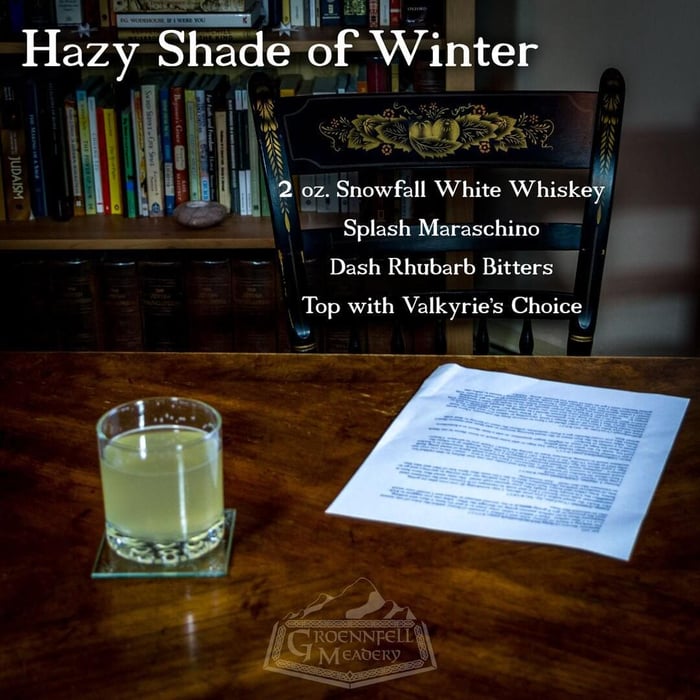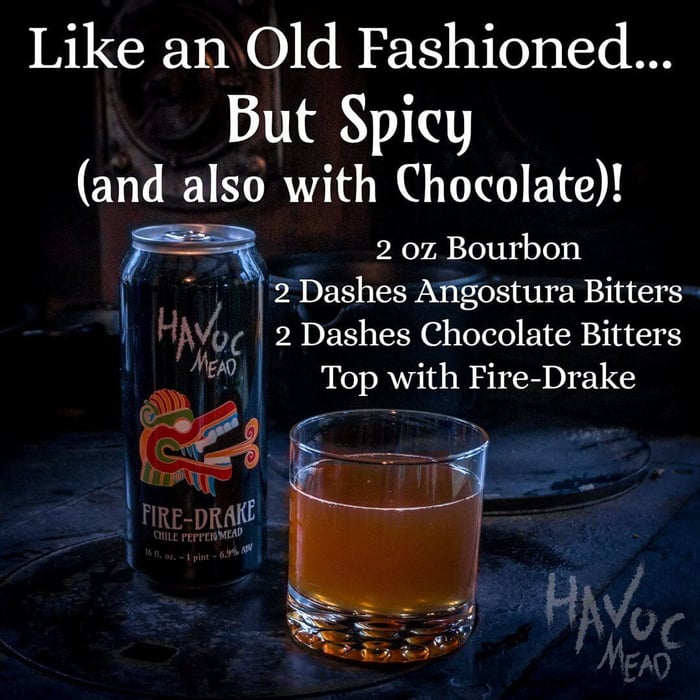Hello, Friends and Meadiacs!
Today we’re going to talk about Rent Seeking and its effect on your favorite beverages. This isn’t – as you might have guessed – simply about mead. Rent seeking affects every craft beverage available on the market: Beer, Cider, Mead, and Others.
For those of you who are unfamiliar with the term, Rent Seeking is any practice used by a large business to unfairly leverages their resources (most often money or political connections) to gain advantages without providing any benefit to society.
A very common example of rent seeking is when a company gets large enough that they can lobby for legislation which benefits them to the detriment of competition. Consider that many “Interior Decorating Firms” managed to get legislation passed that requires that anyone practicing interior decorating acquire a license to do so.[1] There is no clear benefit to any consumer, but it does mean that young entrepreneurs can’t break into the field.
For a great article on the effects of rent seeking on the economy over all as well as its history as a tool of oppression, you should read FiveThirtyEight’s Piece on the subject.
Before we continue, we’re going to say this in bold: We support legislating the production and sale of alcohol. Alcohol is a popular poison that needs to be regulated from manufacture to packaging to sale.
Now that that is out of the way, on to the main point.
There is an enormous amount of rent seeking in the alcohol industry aimed at keeping small producers small and non-beer beverages off the shelves. Don’t believe us? Check out THE OFFICIAL RESPONSE from AB InBev on the subject here.
Yup. They think that small breweries are trying to dupe their consumers. And, we should also make this clear, we believe that these large breweries have genuinely convinced themselves that they are in the right.
These are the breweries, however, that have spent a huge amount of time trying to replicate the feel of craft and – this is where the rent seeking comes in – have changed the law to allow them to make up the names that are on the packaging so that they needn’t say that Shock Top or Blue Moon are simply brewed by Anheuser-Busch and Coors respectively.[2]
Many of you are now well aware of the famous Bubble Tax that was levied on cideries to keep them out of the marketplace. If not, you can read our article here. But level heads have prevailed! Small producers rejoice! The law is changed! Or is it?
The law was, in fact, rewritten. Nevertheless, the definition of “cider” is extremely narrow; it basically makes room for Angry Orchard, Johnny Appleseed, and Stella Cider (Owned by Sam Adams, AB InBev and AB InBev respectively). Each of these companies is valued at well over a billion dollars. There’s also Woodchuck which is only worth half a billion and is owned outright by C&C which is the multi-billion dollar player.
So, where does this leave poor little craft mead?
Perhaps nothing will serve better than to give a list of actual recorded statements from the TTB (the governing board for all alcohol regulation in the United States) and senatorial aids from offices that will not be mentioned.
1) “We can’t change the bubble tax for your type of beverage because there’s fear that people will just start making alco-pop and targeting it at children.” (October 2015) – Senate aid
This is, of course, after Not Your Father’s Root Beer (essentially malt liquor) was already available throughout the United States distributed by Pabst as was Best Damn Root Beer (AB InBev).
2) “We can’t let you put ‘Christmas 2017’ on your packaging because mead isn’t wine…” “no it’s not beer either, so you can’t put any 4-digit number that appears like a date…” “yes, I know it’s really stupid and unfair.” (October 2017) – TTB
3) “We might change the regulation for all wines [mead is legally a wine according to the US government], but I wouldn’t hold my breath (sic), there’s very little industry pressure to do so for obvious reasons.” (November 2014) – TTB
On a heartening note, AB InBev made the mistake of attacking mead directly and the ad was so poorly received that they immediately pulled it off the air and lost millions of dollars in production. You can learn about that here.
And also the bubble tax seems to be changing for some (though very few) types of meads, which is great and also makes us a bit worried (see cider above).
That’s it. Just thought you should know.
Ricky steps off of his soap box and wanders off to get a pint.
[1] www.allartschools.com/interior-design/interior-designer-license/
[2] https://pourmybeer.com/thats-not-craft-beer.html





